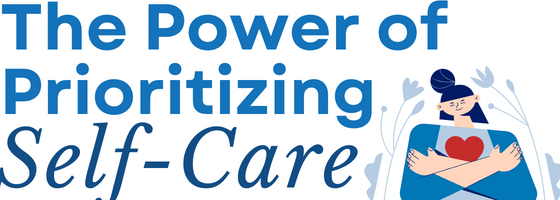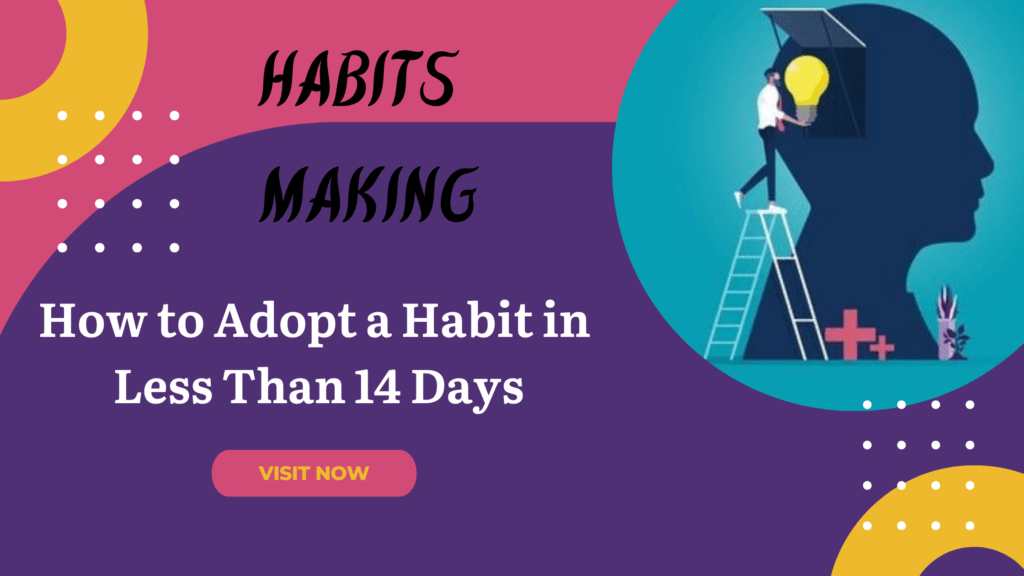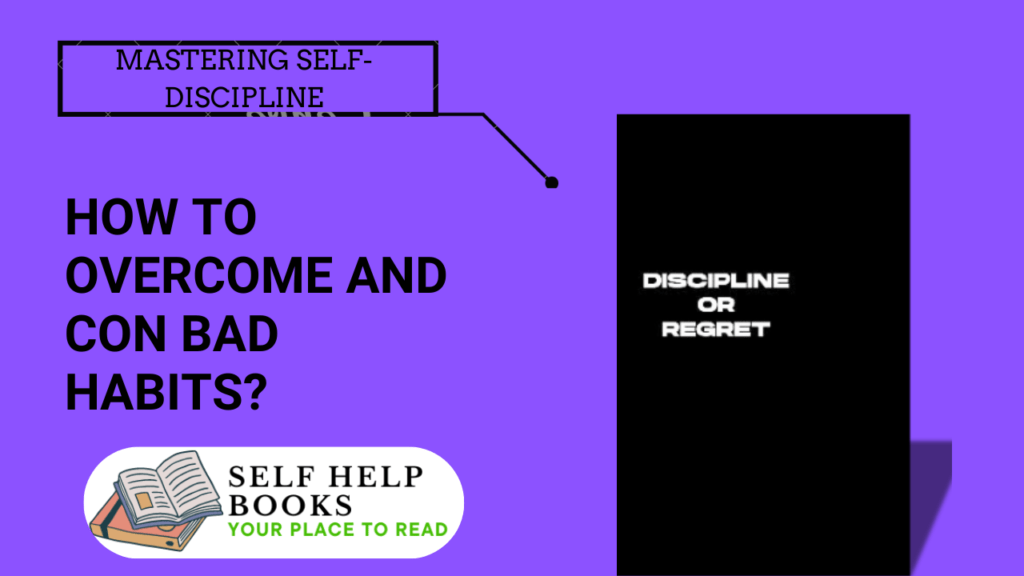How to Stop People-Pleasing and Reclaim Your Time. In today’s fast world, it’s easy to get caught up in people-pleasing. We often put others first, forgetting our own needs. This can lead to burnout, resentment, and feeling like we’ve lost time and happiness. It’s time to break free and take back our time and freedom.
This guide will show you how to stop people-pleasing and set boundaries. You’ll learn to build confidence, take care of yourself, and manage your time. This will help you find a better balance between work and life.
Key Takeaways
- Understand the root causes of people-pleasing behavior and its negative impact on your life.
- Learn how to set healthy boundaries and say “no” without guilt or fear of disappointing others.
- Discover strategies to prioritize self-care and practice mindfulness and self-compassion.
- Develop assertiveness skills to communicate your needs and preferences effectively.
- Implement time management techniques to manage your commitments and achieve a better work-life balance.
Understanding People-Pleasing Behavior
At the heart of people-pleasing is a strong wish for acceptance and approval. Many struggle with this because they fear conflict or rejection. They often put others’ needs before their own.
This behavior can start in childhood. A person might feel their worth depends on pleasing others. How to Stop People-Pleasing and Reclaim Your Time
Identifying the Root Causes
Why people-pleasing happens varies by person. It often comes from a need for validation, a fear of conflict, or low self-confidence. Childhood trauma or neglect can also play a role.
These experiences can make someone believe their needs aren’t important.
Recognizing the Negative Impact
At first, people-pleasing seems like a way to keep peace and build good relationships. But, it can harm you in the long run. It can cause burnout, resentment, and lower your self-worth.
It can also hurt your relationships. You might not be able to share your true feelings or set boundaries.
| Positive Impacts of Understanding People-Pleasing Behavior | Negative Impacts of People-Pleasing Behavior |
|---|---|
| Increased self-awareness and personal growth | Burnout and emotional exhaustion |
| Improved ability to set boundaries and prioritize self-care | Resentment and strain on personal relationships |
| Enhanced sense of empowerment and control over one’s life | Compromised sense of self-worth and identity |
“The key to breaking free from people-pleasing is to recognize that your own needs and desires are just as valid as those of others. It’s not selfish to prioritize self-care – it’s necessary for your well-being and personal growth.”
Setting Healthy Boundaries
Breaking free from people-pleasing starts with setting healthy boundaries. It’s about setting clear limits on your time, energy, and personal space. This lets you focus on your needs without feeling guilty or harming your well-being. How to Stop People-Pleasing and Reclaim Your Time.
Learning to Say No
Learning to say no is a big step in setting boundaries. Many struggle with the fear of disappointing others or ruining relationships. But, saying no politely is key to taking back your time and keeping your sanity.
There are ways to say no without hurting others. You can offer alternative solutions, suggest a raincheck, or simply state your limits. Remember, your time and energy are limited. Protecting them is crucial for your growth and self-care.
“The word ‘no’ is a complete sentence.” – Anne Lamott
Embracing the power of no can set you free. It lets you focus on what truly matters to you. By setting boundaries, you gain control over your life and make room for what’s important.
How to Stop People-Pleasing and Reclaim Your Time
Breaking free from people-pleasing and taking back your time is a big step. Start by knowing what makes you say yes to others too much. This means recognizing when you’re doing it and choosing to stop.
Setting healthy boundaries is key. This means learning to say no, even to people you care about. Remember, you have the right to say no and do what’s best for you. It’s hard at first, but it gets easier and helps you feel more in control.
| Strategies to Stop People-Pleasing | Techniques to Reclaim Your Time |
|---|---|
| – Identify your triggers – Set healthy boundaries – Learn to say “no” | – Prioritize your own tasks – Manage expectations and commitments – Implement time management strategies |
Managing your time well is also important. Make a schedule, focus on what’s most important, and learn to delegate. This way, you can slowly move away from people-pleasing and find a better balance in your life.
“The most important thing is to enjoy your life – to be happy – it’s all that matters.” – Audrey Hepburn
Stopping people-pleasing and taking back your time needs courage and a focus on yourself. By using these strategies, you can regain control and live a life that truly reflects your values.
Prioritizing Self-Care

When you’re trying to stop people-pleasing, self-care is key. It helps you build strength to set better boundaries and take back your time. Mindfulness and self-compassion are two great ways to care for yourself.
Practicing Mindfulness and Self-Compassion
Mindfulness means being fully present and noticing your thoughts and feelings without judgment. It helps you see when you’re pleasing others too much and choose to focus on yourself. Self-compassion is about treating yourself with kindness, just like you would a close friend. It replaces harsh self-criticism with a softer, more supportive voice.
Adding mindfulness and self-compassion to your daily life can change a lot. Begin with just 5-10 minutes a day for meditation or journaling. These habits can make you kinder to yourself, helping you say “no” with confidence and prioritize your own needs.
Building Assertiveness Skills
Learning to be assertive is key to taking back your time and setting boundaries. Assertiveness training teaches you to express your needs clearly. It helps you stand up for yourself without feeling guilty or scared. This way, you can set boundaries and focus on your well-being more easily.
Saying “no” without explaining too much is a big part of being assertive. It lets you manage your time and energy better. Practice speaking up calmly and directly. Remember, your needs and wants are just as important as others.
Getting better at talking and listening is also vital. Focus on listening well, making eye contact, and speaking clearly. This helps you feel more confident in conversations and ensures your voice is heard.
| Assertiveness Technique | Description |
|---|---|
| Positive Self-Talk | Cultivate a supportive inner dialogue to boost your self-esteem and confidence. |
| Emotion Management | Learn to handle anxiety, fear, or guilt that may arise when setting boundaries. |
| Assertive Body Language | Use open, confident body language to convey your message effectively. |
By using these strategies every day, you can take back your time and improve your relationships. Remember, assertiveness is a skill you can learn and grow. The benefits are worth the effort.
Conclusion
In conclusion, you can stop people-pleasing by using the strategies from this guide. Learn to set healthy boundaries and take care of yourself. Also, work on being more assertive to handle your commitments better.
Changing your ways can make your life more balanced and fulfilling. You have the right to say “no” without feeling guilty. Focus on what you need and want. Use the tips from this article to start your journey of self-empowerment.
Start making changes today to live the life you really want. You’ll see less stress, more productivity, and deeper connections. It’s time to stop people-pleasing and live the life you deserve.


